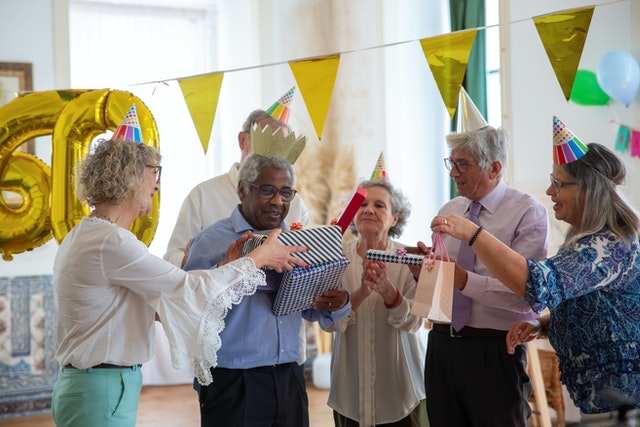Category: Research
-

A Bayesian Model of Later Life Mortality Trends and Implications for Longevity
Using a novel, flexible and easily interpretable dynamic Bayesian state space model, we analyze historic and future longevity trends across 18 high income countries over the last one hundred years and 16 large population emerging markets from 1950. Our results show the key driver of global life expectancy is now late-life mortality whose importance is…
-

On the Limits of Chronological Age
On the Limits of Chronological Age Analysis of population aging is typically framed in terms of chronological age. However, chronological age itself is not necessarily deeply informative about the aging process. This paper reviews literature and conducts empirical analyses aimed at investigating whether chronological age is a reliable proxy for physiological functioning when used in…
-

Healthy Ageing Trends in England Between 2002 to 2018: Improving but Slowing and Unequal
Growing life expectancy and a rising proportion of older people make the issue of whether cohorts are ageing better a key individual, social and economic issue. Using data from the English Longitudinal Study of Ageing we characterise how frailty develops with age, how this differs across demographic groups, whether more recent cohorts are ageing better…
-

Journal of the Economics of Ageing – The economics of longevity: An introduction
Global life expectancy now stands at 71 years compared with 30 years in 1870. This fact increases the need to understand how we age and how that impacts our economic decision making. It also raises the issue of how we should change our life cycle behaviours, policies and institutions to adapt to these longer lives.…
-

Journal of Economics of Ageing: Special Issue of The Economics of Longevity
Global life expectancy now stands at 71 years compared with 30 years in 1870. This fact increases the need to understand how we age and how that impacts our economic decision making. It also raises the issue of how we should change our life cycle behaviours, policies and institutions to adapt to these longer lives.…
-

Journal of the Economics of Ageing: The Rise of Age-Friendly Jobs
In 1990, one in five U.S. workers were aged over 50 years whereas today it is one in three. One possible explanation for this is that occupations have become more accommodating to the preferences of older workers. We explore this by constructing an “age-friendliness” index for occupations. We use Natural Language Processing to measure the…
-

The Lancet Healthy Longevity: The Longevity Society
As the demographic transition enters a new stage of a longevity transition, focus needs to extend beyond an ageing society towards a longevity society. An ageing society focuses on changes in the age structure of the population, whereas a longevity society seeks to exploit the advantages of longer lives through changes in how we age.…
-

The Lancet Healthy Longevity: The Longevity Economy
The fact that people are on average living healthier, longer lives than previously has the potential to be positive for the economy, offsetting the negative economic effects of an ageing society. A longevity economy will see a shift in the mix of sectors in the economy, with both health and education expanding further and new…
-

Lancet Healthy Longevity: A timely call to establish an international convention on the rights of older people
Global pandemics inevitably reveal many vulnerabilities in national and global health systems, as well as society more broadly. The COVID-19 pandemic has amplified the importance of public health, the value of therapeutic medicine, and the power of vaccines. The pandemic has also made apparent stark inequities in access to testing, treatment, and vaccines. Click here to…
-

Working Life: Labour supply, ageing and longevity
The labour supply of older workers is set to be a key policy issue in the years ahead. An ageing society is leading to an increasing number of older people and longevity to longer lives and changes in the life course. Both forces are leading to increased labour market participation at older ages. As retirement…